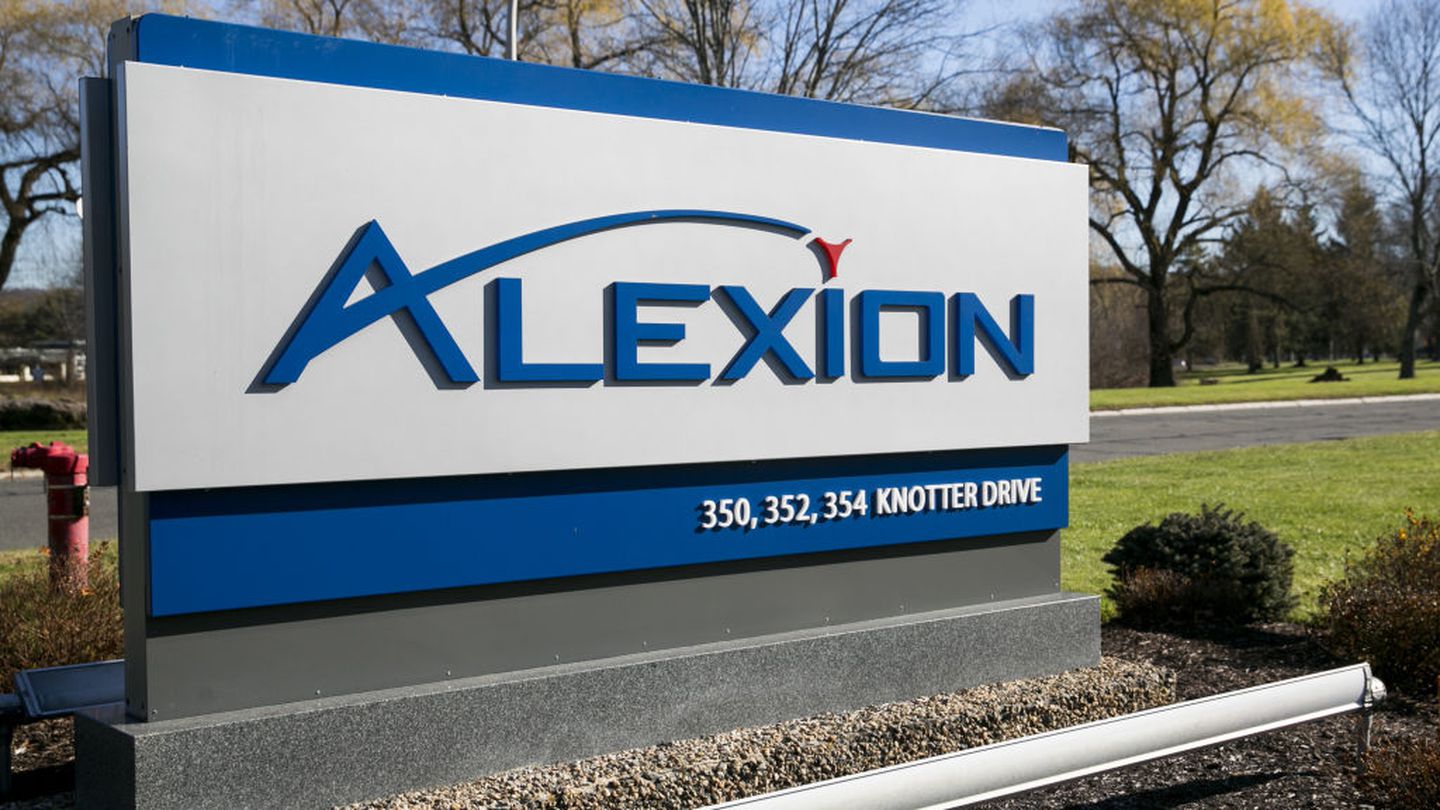NEW DELHI: Cambridge, England-based AstraZeneca PLC, which is involved in one of the efforts to develop a COVID-19 vaccine, said that it is buying US biotech firm Alexion for $39 billion to boost its work on immunology.
The boards of directors of both companies have unanimously approved the acquisition. Subject to receipt of regulatory clearances and approval by shareholders of both companies, the acquisition is expected to close in Q3 2021.
Pascal Soriot, Chief Executive Officer, AstraZeneca, said: “This acquisition allows us to enhance our presence in immunology. We look forward to welcoming our new colleagues at Alexion so that we can together build on our combined expertise in immunology and precision medicines to drive innovation that delivers life-changing medicines for more patients.”
Ludwig Hantson, Ph.D., Chief Executive Officer, Alexion, said: “This transaction marks the start of an exciting new chapter for Alexion. We bring to AstraZeneca a strong portfolio, innovative rare disease pipeline, a talented global workforce and strong manufacturing capabilities in biologics. We remain committed to continuing to serve the patients who rely on our medicines and firmly believe the combined organisation will be well positioned to accelerate innovation and deliver enhanced value for our shareholders, patients and the rare disease communities.”
AstraZeneca and Oxford University have jointly developed a coronavirus vaccine that British and Canadian regulators are assessing, alongside a rival effort by U.S. drugmaker Pfizer and Germany’s BioNTech that has already earned some emergency approvals, and another by U.S. biotechnology company Moderna.
Scientific leadership – accelerated presence in immunology
AstraZeneca has built a growing scientific presence in oncology, and in cardiovascular, renal and metabolism, and respiratory diseases, with a focus on organ protection. AstraZeneca has developed a broad range of technologies, initially focused on small molecules and biologics and with a growing focus in precision medicine, genomics, oligonucleotides and epigenetics. More recently, AstraZeneca has increased its efforts in immunology research and the development of medicines for immune-mediated diseases.
Alexion has pioneered complement inhibition for a broad spectrum of immune-mediated rare diseases caused by uncontrolled activation of the complement system, a vital part of the immune system. Alexion’s franchise includes Soliris (eculizumab), a first-in-class anti-complement component 5 (C5) monoclonal antibody. The medicine is approved in many countries for the treatment of patients with paroxysmal nocturnal haemoglobinuria (PNH), atypical haemolytic uremic syndrome, generalized myasthenia gravis and neuromyelitis optica spectrum disorder. More recently, Alexion launched Ultomiris (ravulizumab), a second-generation C5 monoclonal antibody with a more convenient dosing regimen.
Alexion’s immunology expertise extends to other targets in the complement cascade beyond C5 as well as additional modalities, with its deep pipeline including Factor D small-molecule inhibitors of the alternative pathway of the complement system, an antibody blocking neonatal Fc receptor (FcRn)-mediated recycling, and a bi-specific mini-body targeting C5, among others. The FcRn extends the half-life and hence the availability of pathogenic immunoglobulin G (IgG) antibodies.
AstraZeneca, with Alexion’s R&D team, will work to build on Alexion’s pipeline of 11 molecules across more than 20 clinical-development programmes across the spectrum of indications, in rare diseases and beyond.
Alexion’s leading expertise in complement biology will accelerate AstraZeneca’s growing presence in immunology. The acquisition adds a new technology platform to AstraZeneca’s science and innovation-driven strategy. The complement cascade is pivotal to the innate immune system. It plays a crucial role in many inflammatory and autoimmune diseases across multiple therapy areas, including haematology, nephrology, neurology, metabolic disorders, cardiology, ophthalmology and acute care.
In contrast, AstraZeneca’s capabilities in genomics, precision medicine and oligonucleotides can be leveraged to develop medicines targeting less-frequent diseases. Combining AstraZeneca’s capabilities in precision medicine and Alexion’s expertise in rare-disease development and commercialisation will enable the new company to develop a portfolio of medicines addressing the large unmet needs of patients suffering from rare diseases.
The combined companies will bring together two rapidly converging, patient-centric models of care delivery with combined strengths in immunology, biologics, genomics and oligonucleotides to drive future medicine innovation. AstraZeneca intends to establish Boston, Massachusetts, US as its headquarters for rare diseases, capitalising on talent in the greater Boston area.
Industry-leading revenue growth; enhanced geographical presence and broad coverage across primary, specialised and highly specialised care
AstraZeneca’s acquisition of Alexion, with its strong commercial portfolio and robust pipeline, will support its long-term ambition to develop novel medicines in areas of immunology with high unmet medical needs. Alexion achieved impressive revenue growth over the last few years, with revenues of $5.0bn in 2019 (21% year-on-year growth). Alexion has exhibited skilful commercial execution in building its ‘blockbuster’ C5 franchise. The success of the franchise is demonstrated by the effective transition of over 70% of PNH patients from Soliris to Ultomiris in less than two years of launch in its key markets, including the US, Japan and Germany, as well as the strong pipeline of additional indications for Ultomiris.
Rare diseases is a high-growth therapy area with rapid innovation and significant unmet medical need. Over 7,000 rare diseases are known today, and only c.5% have US Food and Drug Administration-approved treatments.1 The global rare disease market is forecasted to grow by a low double digit percentage in the future.2
AstraZeneca intends to build on its geographical footprint and extensive emerging markets presence to accelerate the worldwide expansion of Alexion’s portfolio.
The two companies have been on converging paths, AstraZeneca expanding its presence from primary to speciality care, whereas Alexion has been progressing from ultra-orphan to orphan and speciality conditions.
The acquisition strengthens AstraZeneca’s industry-leading growth, underpinned by its broad portfolio of medicines, which will enable the new company to bring innovative medicines to a broad range of healthcare practitioners in primary, speciality and highly specialised care.
The combined company is expected to deliver double-digit average annual revenue growth through 2025.


